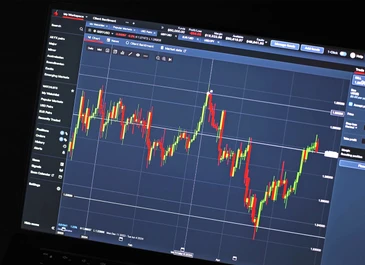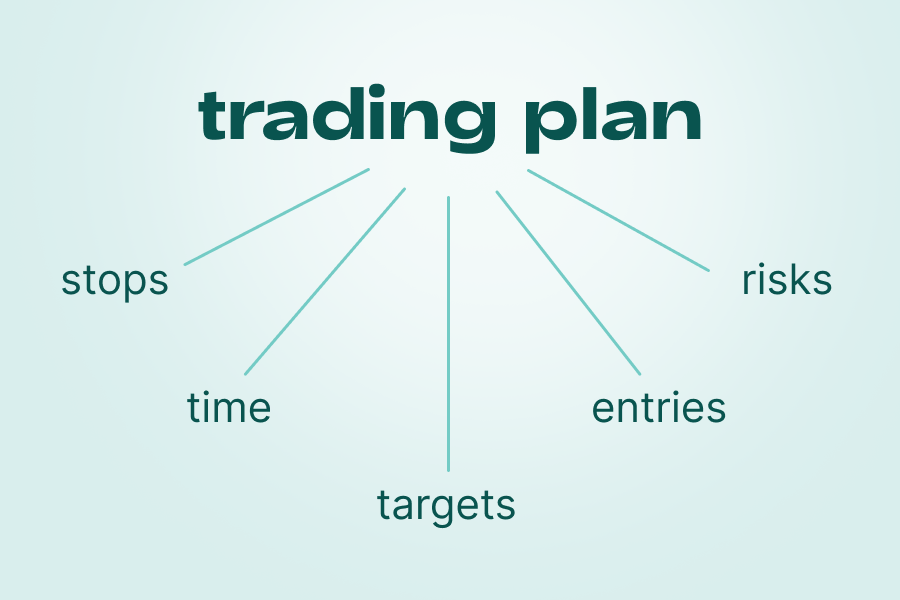
Learn how to trade Bitcoin
To trade Bitcoin, first choose a reliable crypto exchange or broker, create an account, and deposit funds. Then, use technical and fundamental analysis to predict price movements, place buy/sell orders, and manage risks with tools like stop-loss and take-profit orders.
🎯 How does forex trading system work?
A forex trading system works by analyzing the market, placing trades, and managing risks based on predefined strategies. It involves choosing a currency pair, using technical or fundamental analysis to predict price movements, and executing trades through a broker while managing risks with tools like stop-loss and take-profit orders.
💰 How to set up a Forex trading business?
Setting up a forex trading business involves registering a legal entity, obtaining necessary licenses (if offering brokerage services), and partnering with a reliable liquidity provider. You also need to set up a trading platform, integrate secure payment processing, and develop a marketing strategy to attract traders while ensuring compliance with financial regulations.
💵 How To Start Your Online Trading Portfolio
To start your online trading portfolio, first choose a reliable broker, open a trading account, and deposit funds. Then, research assets, diversify investments across stocks, forex, crypto, or commodities, and use risk management strategies like stop-loss orders to protect your capital.
What is forex trading?

Forex trading is the buying and selling of currency pairs in the global foreign exchange market to profit from price fluctuations. It operates 24/5, offering high liquidity, leverage, and volatility, making it attractive for traders worldwide.
Bitcoin trading and Forex trading
Bitcoin trading
Bitcoin trading involves buying and selling Bitcoin and other cryptocurrencies on exchanges, operating 24/7 with high volatility and potential for big gains or losses. It is influenced by market demand, news, and regulations, making it riskier but lucrative for traders.
Forex trading
Forex trading is the exchange of global currencies in pairs through brokers, operating 24/5 with high liquidity and moderate volatility. It is driven by economic factors, interest rates, and geopolitical events, offering stability but requiring in-depth market analysis.
Different types of forex bonuses explained

Forex brokers offer various bonuses to attract traders, including welcome bonuses, deposit bonuses, and no-deposit bonuses. Other types include rebate bonuses, trading contests, and loyalty bonuses.
Forex trading in India is Legal or Illegal?
Forex trading is legal in most countries and is regulated by financial authorities to protect traders and ensure fair market practices. Regulatory bodies like the U.S. Commodity Futures Trading Commission (CFTC), UK's Financial Conduct Authority (FCA), and Cyprus Securities and Exchange Commission (CySEC) oversee forex brokers to prevent fraud and manipulation. Forex trading in India is legal but highly regulated by the Reserve Bank of India (RBI) and the Securities and Exchange Board of India (SEBI). Indian residents can trade forex only through SEBI-authorized brokers and on exchanges like NSE, BSE, and MCX-SX, but trading in international forex markets or using foreign brokers is illegal under FEMA (Foreign Exchange Management Act). However, some countries, such as India, China, and Nigeria, have strict regulations or partial restrictions on forex trading, especially for retail traders using offshore brokers. To trade safely, always choose a licensed broker under a recognized financial authority and be aware of your country’s specific forex trading laws.
